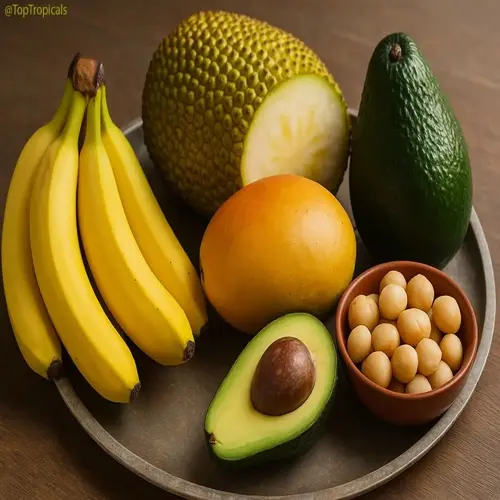Which nutrients are essential for brain health?

Written by
Chen Jialiang
Reviewed by
Prof. Graham Pierce, Ph.D.There are certain essential nutrients that give support to brain function and emotional stability. Omega-3s are utilized in the building of the brain cell membrane, and B vitamins are critical for the production of neurotransmitters. Magnesium calms the brain's activity, while zinc modulates the brain's stress reaction. In my practice of nutrition, I have witnessed patients conquer brain fog by addressing these specific nutrient deficiencies in their diet.
Structural Support
- Omega-3s create flexible neuron membranes
- Zinc maintains synaptic plasticity
- Proteins provide amino acid building blocks
Chemical Regulation
- B vitamins convert food into neurotransmitters
- Magnesium regulates GABA receptors
- Iron enables oxygen transport to brain cells
Like an orchestra, the nutrients cooperate. Vitamin D turns on the genes that influence mood. Magnesium promotes the transmission of these messages. Zinc modifies the brain's reaction to stress. Without the teamwork of these nutrients, the production of neurotransmitters is impaired. This also explains the relative failure of individual supplements as compared with whole foods.
Optimize your nutrient intake with strategic meal combinations. Pairing eggs with spinach provides a rich source of B vitamins and magnesium. Oatmeal topped with walnuts is another optimal food combination that provides omega-3s, along with a boost to your zinc intake. Add mushrooms to your salads for a boost of vitamin D. These synergistic combinations enhance the absorption of the nutrients they contain, providing a valuable addition to your diet. Look at your intake over two weeks to see if there may be deficiencies that are affecting your mental performance.
Nutrient timing impacts cognitive benefits. Omega-3s are best consumed in the morning, as they can help enhance focus. Magnesium is best consumed at night and can aid in restful sleep. Vitamin D works best when exposed to direct sunlight, which typically occurs in the morning. I advise my clients on how to time their nutrient intake in sync with their circadian rhythms to maximize cognitive impact.
Read the full article: Nutrition for Mental Health: Essential Guide

